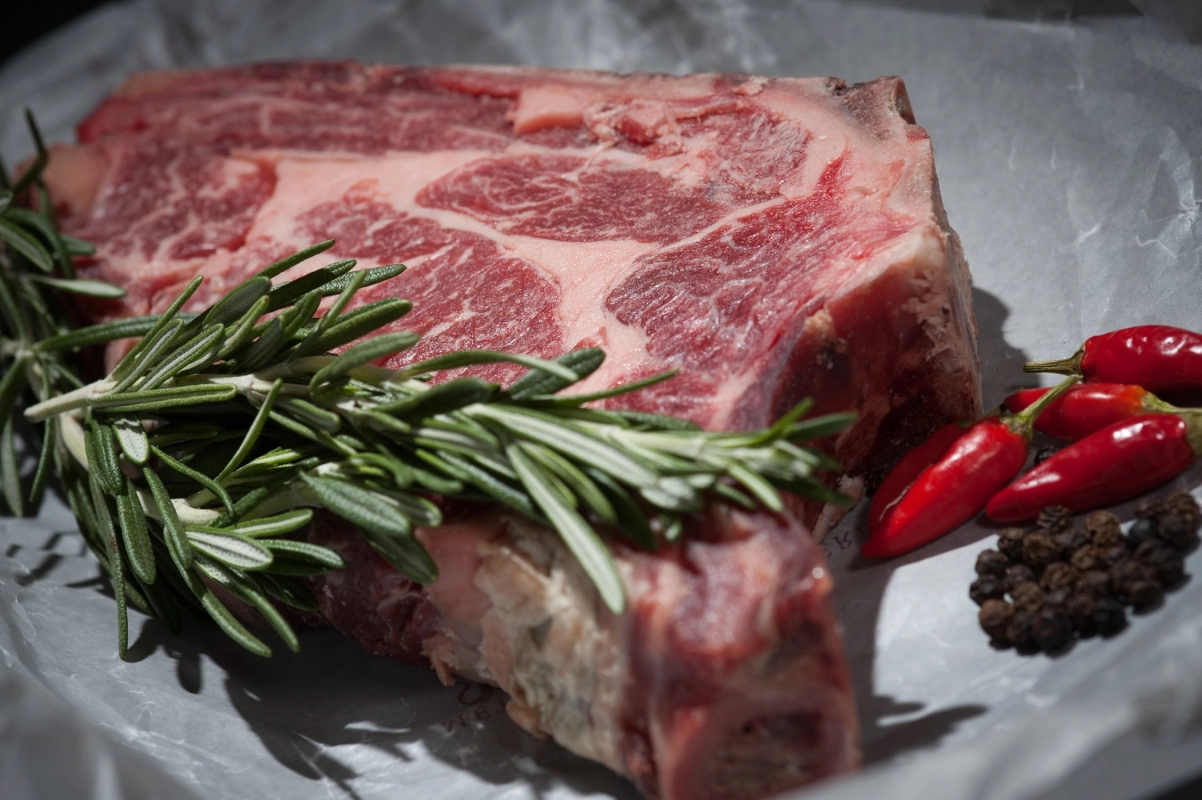
Tips for Handling Allergies in a Food Service Business
Allergies are coming back into the picture in a big way. In 2015, one of the largest surveys conducted on the subject revealed that one in 13 Canadians has a serious food allergy – 7.5% of children and adults. Conscientious restaurateurs, food service operators and chains already have some systems in place to help ensure that their allergic diners don’t accidentally eat something they shouldn’t.
The best way to handle allergens is with a holistic approach where everyone in your business is aware of allergens and how to handle them in food preparation and service.
It starts with recipe design, your suppliers, and food storage
Labeling laws in Canada changed a little while ago. We now require a simpler label that makes it easier for people to identify top allergens, which allows your staff to check ingredients coming in from suppliers more easily. When you’re developing recipes, do so with allergies in mind. Come up with an obvious way to mark dishes as containing common allergens, such as gluten, nuts and dairy on your menus.
When storing food, make sure there is no cross-contamination in the storage area. Stored food should be labeled clearly if it contains common allergens.
When the guest comes in ask them about allergies
A person who has an allergy will usually alert their server to the allergy when ordering. Your establishment can take things a step further and have either the hostess or the server ask the customer in advance if there are any food allergies to be aware of. Some diners may have had stigmatization around their allergies in the past from family, friends and other dining establishments, so opening up the subject with a caring inquiry will make them feel at ease.
A process should be set up where the server can clearly communicate the allergy to the kitchen. This may mean using an allergy sticker on the ticket and speaking directly with the kitchen staff that will prepare the food. When the food is ready to be served, it should be served with a coloured cover or specific coloured plate so that the server knows to either bring it out separately or ensure that it doesn’t touch other plates or foods.
Tableside etiquette tips for servers
While it is common to make the disclaimer that you can’t guarantee that all food is allergen-free, [AM1] keep in mind that this doesn’t help the guest out at all and is essentially just telling them that they shouldn’t be eating at your restaurant, or that they do so at their own risk. Servers should be prepared to list ingredients in foods rather than relying on this old fallback.
If a customer states that they have an uncommon-sounding allergy, the server should treat it as an allergy rather than a preference. For example, many diners want gluten-free options; a guest who wants to avoid gluten may say they are allergic to it. This should absolutely be treated like an allergy because people suffering from celiac disease actually have a serious autoimmune reaction to gluten so it must be completely absent in their diet. It can have severe consequences for them, from abdominal pain, flatulence, and diarrhea to a host of other long term ailments. It’s wise to have a few gluten-free options on the menu to accommodate both the guest with the “no gluten” preference and the celiac sufferer.
Train your staff on food handling for allergens
All staff should receive training on how to prepare, store and serve food to avoid potential contamination with allergens. While it may be an extra step and involve extra processes, remember that if you get a reputation for handling food allergies well, you are opening up your market share to one in 13 Canadians with a serious food allergy. At The Keg, kitchen staff will cook food differently and clean grills if they are told that a guest has allergies. If there is room, setting up a separate area of the kitchen to prepare allergen-free foods is advisable.
Restaurants Canada has a free printed booklet which members can order with tips for dealing with allergens, as well as a poster to hang in the kitchen.
What to do if a guest has a reaction
If a guest is having an obvious reaction to an allergen, contact 9-1-1 immediately. After emergency services have been called, ask anyone with the guest to get access to the guest’s EpiPen if they have one, and to inject them with it. If they can’t, have a staff member trained on First Aid administer the EpiPen.
It’s also wise to keep allergy medication on hand in the event that the guest does not have an EpiPen – have a trained staff member administer allergy medication if this is the case. Tell the paramedics when they arrive what medications have been given to the guest. Be sure to record the guest’s or their dining partner’s name and try to get their information so you can follow up with them the next day. Take note of all actions taken and write up a report. You should also conduct a thorough review of your allergen safety practices in the entire business in the event of an allergic reaction.
If you make allergens part of your food safety management program and guests feel that their concerns are being treated seriously, those guests will choose your business in the future over another that doesn’t have such practices in place. The key is to be tactful with guests and ensure that every member of your staff is properly trained on allergen safety.
For more information about the online and in-class food safety training offered by the experts at Food Safety Market, visit the enroll page here.

